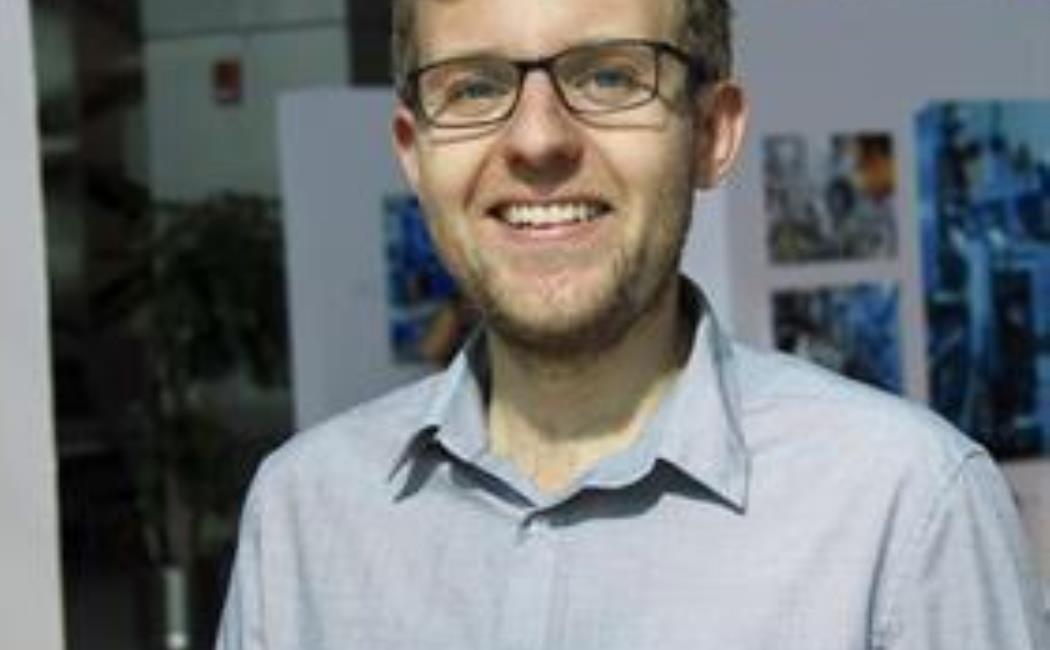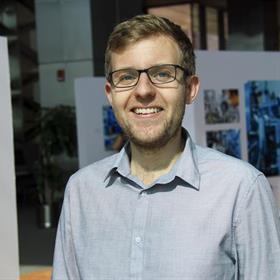


15 February, 2018
 Nils Rädecker, a Ph.D. student in the University's Reef Genomics Lab, won a best student presentation award at the European Coral Reef Symposium (ECRS) 2017. Rädecker's talk entitled "Understanding coral bleaching in the light of holobiont nutrient cycling" was focused on his work to decipher the underlying mechanisms of coral bleaching, or the breakdown of the symbiosis between corals and endosymbiotic algae due to ocean warming.
Nils Rädecker, a Ph.D. student in the University's Reef Genomics Lab, won a best student presentation award at the European Coral Reef Symposium (ECRS) 2017. Rädecker's talk entitled "Understanding coral bleaching in the light of holobiont nutrient cycling" was focused on his work to decipher the underlying mechanisms of coral bleaching, or the breakdown of the symbiosis between corals and endosymbiotic algae due to ocean warming.
"I was presenting our most recent work on the environmental controls underlying nutrient exchange in this symbiosis and how this may add another piece to solving the coral bleaching puzzle," Rädecker said. The three-day event was hosted by Reef Conservation UK (RCUK) and held at the University of Oxford from December 13 to 15, 2017. ECRS 2017 marked the 20th anniversary of RCUK and was organized in association with the International Society for Reef Studies, the Zoological Society of London and the Department of Zoology, University of Oxford.
Rädecker, whose research focus is on nutrient cycling processes in cnidarian holobionts, said his award win caught him completely unaware.
"To be honest, the award notification caught me completely by surprise. The overall quality of talks at this conference was extremely good, so I didn't think I would stand a chance. Of course, now that I got the award, I am super excited. It was the perfect end to an already amazing conference experience," he stressed.
One of the focus areas of the University's Reef Genomics Lab is to understand the phenomenon of coral bleaching. Of late, coral bleaching is decimating coral reef cover on a global scale. Under the guidance of Associate Professor Christian Voolstra, Rädecker and his peers are trying to tackle this ecologically-damaging problem from numerous angles.
Rädecker's particular research focus lies on understanding the nutrient exchange between the coral host and algal symbiont.
"In this nutrient exchange symbiosis, algae provide sugars that satisfy most of the energy requirements for growth and reproduction of the coral host. Hence, losing their algae during bleaching means losing a major energy source for the coral host," he said.
"In my Ph.D., I am dealing with a classic chicken or egg dilemma: What came first? Did the nutrient exchange cease because the symbiosis was disrupted, or was the symbiosis disrupted because the nutrient exchange stopped?" Rädecker said.